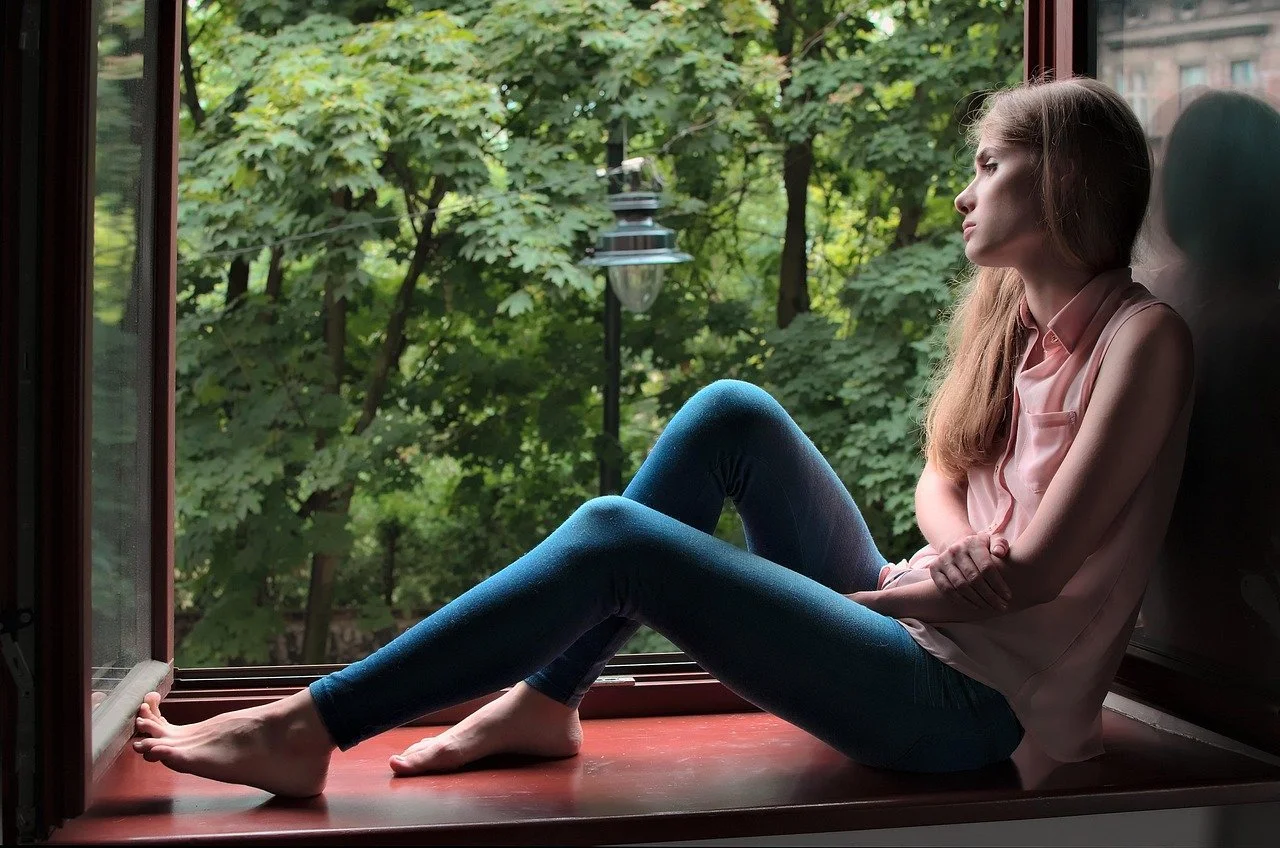For years, Maria felt like life had turned its back on her. Once a vibrant woman with dreams and drive, she found herself divorced, broke, and barely making ends meet. One disappointment bled into another — a failed job interview, a broken-down car, a betrayal by a friend. The more things went wrong, the more bitter she became. “Of course this happened,” she’d mutter to herself. “That’s just my luck.” Her heart was heavy with resentment, and her thoughts were filled with fear, anger, and defeat. And life, it seemed, kept meeting her at the level of her expectations.
It wasn’t until a chance encounter with an old friend that Maria’s perspective began to shift. Her friend gently asked, “Do you realize that everything you focus on seems to grow? What if your thoughts are actually feeding your reality?”
It’s easy to overlook the influence our thoughts have on our lives. But science, psychology, and centuries of spiritual wisdom agree on one truth: our thoughts create our reality.
When we consistently focus on what’s wrong, on fear, or on how we’ve been wronged, we begin to attract more of the same. Not because life is cruel, but because our mindset filters how we interpret and interact with the world. A negative thought pattern causes us to miss opportunities, expect failure, and radiate energy that repels rather than attracts. Like Maria, we become magnets for more struggle.
The mind doesn’t just reflect our world, it shapes it.
“Negativity keeps you stuck in survival mode, focusing on what might go wrong rather than what could go right.”
A negative mindset is like a dirty lens — everything you look at becomes distorted. It leads to self-sabotage, missed connections, emotional fatigue, and a constant sense of lack. You start believing that life is against you, and that belief begins to rule your decisions and your interactions. You expect the worst and your energy aligns with that expectation.
Negativity keeps you stuck in survival mode, focusing on what might go wrong rather than what could go right. In that state, you’re less creative, less resilient, and less open to possibility. Even good things that come your way may be overlooked or dismissed, simply because your mind is not open to receiving them.
Once Maria began to observe her thoughts, and consciously choose better ones, her world slowly began to transform. It didn’t happen overnight, but with daily practice, she began to shift her inner dialogue from “I’ll never catch a break” to “I’m learning to trust the process.” She replaced “Nothing ever works out” with “Good things are coming, and I’m open to them.”
And something beautiful happened. She smiled more. She took better care of herself. She said yes to new experiences. People responded to her differently — with kindness, with opportunities, with respect. It was as if life had been waiting for her to believe again.
Changing your thoughts isn’t about denial or blind optimism. It’s about choosing an attitude that supports your growth instead of your defeat. It’s about training your mind to expect possibilities instead of problems
Practical Ways to Harness the Power of Thought
Start with awareness. Notice the dominant thoughts that run through your mind daily. Are they hopeful or heavy?
Reframe your narrative. When something goes wrong, shift your inner language from victimhood to curiosity. Instead of “Why me?” ask “What is this trying to teach me?”
Practice gratitude. Even in difficult seasons, find one or two things to be thankful for. Gratitude grounds you in abundance rather than lack.
Visualize success. Spend a few minutes each day picturing the life you want — not just the external stuff, but how you want to feel.
Surround yourself with positivity. This includes people, media, and environments that reflect the mindset you’re cultivating.
Remember, you are not powerless. No matter how dark your past or how stuck you may feel, the first step toward change is within you. The power of your thoughts is the foundation of your reality. What you believe, you begin to live.
Maria’s story is proof that transformation doesn’t require everything in your life to change It requires you to change. And when you do, life rises to meet you with new people, new doors, and new hope.
So ask yourself: What am I choosing to believe? Because what you think is not just a reaction to life, it is a powerful force that shapes what life becomes.

